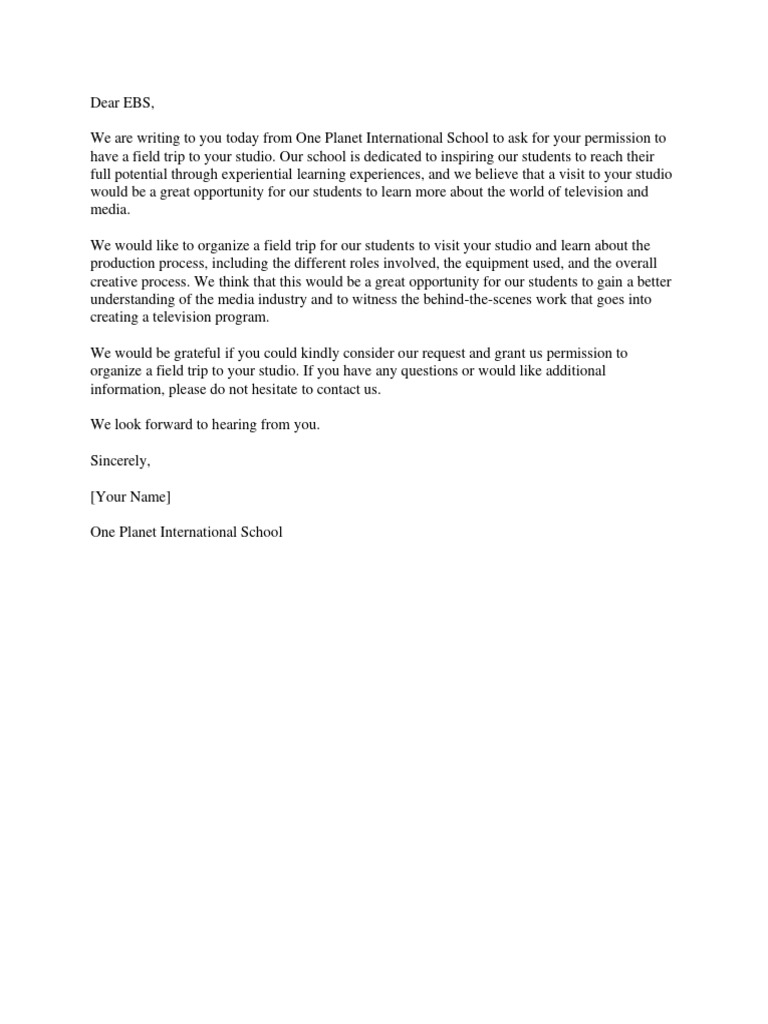The Bahá’í teachings present a comprehensive and profound understanding of human nature, particularly emphasizing the importance of allowing individuals, including boys, to experience and express their emotions fully. This article delves into the crucial concept of “The Right to Feel,” exploring its implications and applications within the context of Bahá’í principles, social constructs, and emotional well-being.
1. Understanding Emotions within the Bahá’í Framework
In the Bahá’í worldview, emotions are not merely subjective experiences; they are integral to the human experience, serving as a conduit for spiritual growth and enlightenment. The teachings advocate that to repress emotions is to stifle the soul’s innate potential. This foundational belief posits that acknowledging and expressing feelings is essential for personal development and societal harmony. Embracing a holistic perspective on emotional well-being invites boys to navigate their feelings authentically rather than constraining them within rigid societal norms.
Thus, it is incumbent upon parents and educators to cultivate an environment where emotional expression is celebrated rather than suppressed. This aligns with the Bahá’í principle that encourages nurturing the whole child—mind, body, and spirit.
2. The Role of Society in Shaping Emotional Intelligence
Societal expectations profoundly influence emotional expression among boys. Historically, cultural paradigms have propagated the notion that masculinity is synonymous with stoicism and emotional restraint. Consequently, boys often internalize these ideals, leading to detrimental effects on their emotional health. Bahá’í teachings encourage a reevaluation of these constructs, advocating for a fundamental shift towards a more inclusive understanding of masculinity.
By dismantling harmful stereotypes that equate vulnerability with weakness, the Bahá’í community seeks to foster environments where boys can cultivate emotional intelligence. Emotional intelligence, the ability to recognize, understand, and manage one’s emotions, is vital not only for individual well-being but also for the collective advancement of society. Enhancing emotional intelligence contributes to empathy, resilience, and effective communication, essential qualities for fostering unity and collaboration.
3. Encouraging Emotional Expression: Practical Approaches
To give boys permission to be fully human, it is imperative to implement strategies that promote emotional expression in various settings, such as at home and in educational environments. Here are several approaches that align with Bahá’í principles:
- Open Dialogues: Create safe spaces for discussion where boys feel comfortable sharing their thoughts and feelings. These dialogues should be fostered by caregivers and educators who demonstrate active listening and validate their emotions.
- Role Models: Introduce boys to positive male role models who exemplify emotional openness. Such figures can include family members, community leaders, or public figures who navigate their emotional landscapes transparently.
- Emotionally-responsive Curriculum: In educational contexts, curricula should incorporate emotional learning that emphasizes self-awareness, managing emotions, and understanding others’ feelings. Interdisciplinary approaches can enhance emotional literacy alongside academic subjects.
- Creative Expression: Encourage boys to engage in artistic pursuits—writing, music, visual arts, or drama—that allow for emotional exploration. These channels provide alternative means of expression that may feel less vulnerable than traditional verbal communication.
- Physical Activities as Emotional Release: Promote participation in sports and physical activities that reinforce teamwork and emotional expression. Such engagements foster a sense of community while allowing boys to channel their feelings through movement.
4. The Spiritual Dimension of Emotional Freedom
From a Bahá’í perspective, the journey toward emotional freedom is not solely a psychological endeavor; it possesses profound spiritual implications. Understanding emotions as part of one’s divine nature can transform boys’ perceptions of themselves and others. The teachings encourage the view that emotions, when navigated constructively, are a pathway to deeper connections with others and with God.
This spiritual dimension emphasizes the importance of prayer and reflection. Encouraging boys to engage in regular spiritual practices promotes self-awareness and a heightened sensitivity to their emotional landscape. Such practices can facilitate a sense of belonging within the divine framework, providing reassurance that their emotional experiences are valued and meaningful.
5. The Collective Impact on Society
When boys are granted the right to feel and express their emotions freely, the implications extend far beyond the individual. A society that nurtures emotional expression fosters healthier relationships, reduces instances of violence, and promotes compassion and understanding. The Bahá’í teachings underscore the interconnectedness of humanity; thus, enabling one’s emotional authenticity contributes to the flourishing of society at large.
Moreover, cultivating emotional intelligence in boys has the potential to reshape future generations. As these boys grow into men who value emotional openness, the collective consciousness will begin to shift toward a more compassionate and empathetic society. Creating a legacy of emotional freedom not only benefits individual well-being but fundamentally transforms communal interactions and societal norms.
Conclusion
In conclusion, the Bahá’í teachings advocate for recognizing and nurturing the emotional lives of boys, affirming their right to feel deeply and authentically. By promoting emotional literacy, dismantling rigid gender stereotypes, and embedding spiritual practices into daily life, a transformative cultural shift can occur. This shift is vital not just for personal integrity but for the enhancement of societal harmony and global unity, embodying the true essence of humanity as envisioned in Bahá’í principles. The mission is clear: give boys permission to be fully human, for in that full expression lies the path to a more compassionate and unified world.
